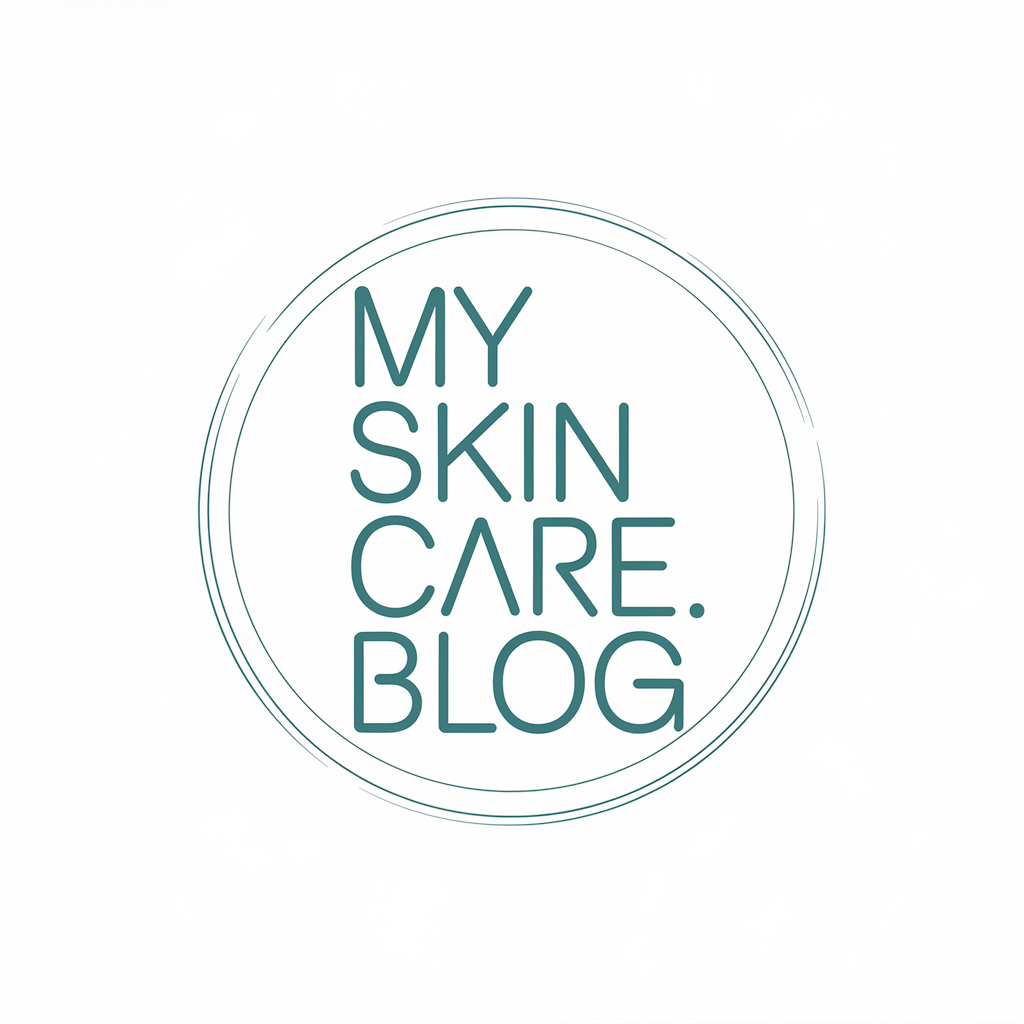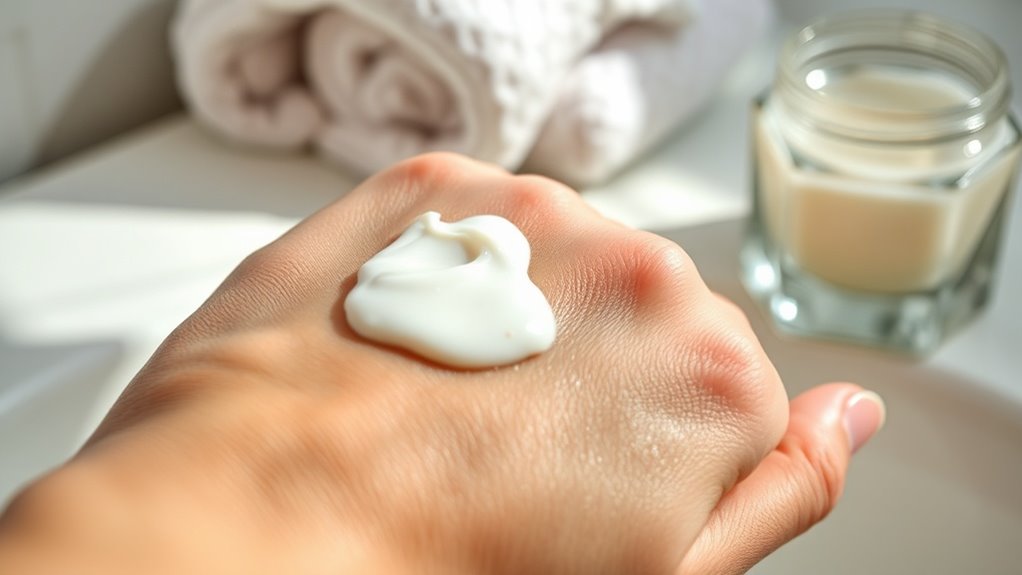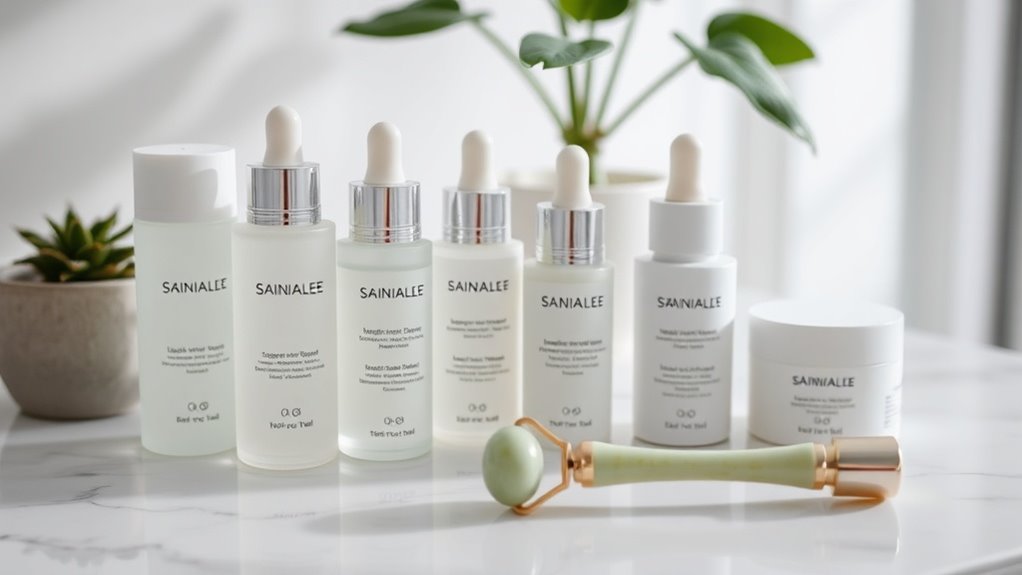Sensitive Skin. You’re Probably Making This Huge Mistake!
If you have sensitive skin, you might be unknowingly making a critical mistake that could worsen your skin’s condition. Many people believe that exfoliating more will lead to better results, but this can actually strip your skin of essential moisture. What you might not realize is that over-exfoliation could be the root of your irritation and breakouts. Let’s explore the right approach to caring for your sensitive skin and the changes you need to make.
Understanding Sensitive Skin
How well do you understand your sensitive skin? It’s more than just a label; it’s a part of who you are. Recognizing what triggers your sensitivity is key to effective sensitive skin care.
You might find that common ingredients in products can cause irritation, leaving you frustrated and unsure. Instead of trying every new trend, focus on gentle formulations that nurture and protect your skin barrier. Look for hypoallergenic and fragrance-free options that cater specifically to your needs.
Listening to your skin is crucial. When it reacts, take a step back and assess what you’ve used recently. One common mistake is using products with harsh ingredients that can worsen sensitivity, so it’s essential to choose gentle formulations that won’t compromise your skin.
Remember, you’re not alone in this journey. Many others share the same struggles and are seeking solutions. By prioritizing your sensitive skin care routine, you create a safe space for your skin to thrive.
Embrace this journey and find products that resonate with you, helping you feel understood and confident.
The Dangers of Over-Exfoliation
While exfoliation can be beneficial for your sensitive skin, overdoing it can lead to more harm than good. You might think that scrubbing away dead skin will give you a radiant glow, but excessive exfoliation can strip your skin of its natural moisture and protective barrier. This leaves your skin vulnerable to irritation, redness, and even breakouts.
Instead of achieving that smooth, fresh look you want, you could end up with dryness and discomfort.
It’s easy to feel overwhelmed by all the products out there, but remember, less is often more. Listen to your skin; if it feels sensitive or looks irritated, it’s time to ease up on the exfoliation. Aim for gentle methods and give your skin the care it deserves. Over-exfoliation can lead to premature aging, further diminishing your skin’s health and appearance.
You want to be part of a community that embraces healthy, glowing skin, not one that battles with irritation and discomfort.
Common Harsh Ingredients to Avoid
Exfoliating too aggressively isn’t the only mistake you can make with sensitive skin. You mightn’t realize that certain harsh ingredients can really irritate your complexion.
For starters, steer clear of alcohol-based products; they can strip your skin of its natural moisture and leave it feeling tight and uncomfortable. Fragrance is another common culprit; even “natural” scents can trigger reactions.
Also, watch out for sulfates, often found in cleansers, as they can be overly drying. Ingredients like salicylic acid and benzoyl peroxide may seem beneficial for acne, but they can be too harsh for sensitive skin.
It’s crucial to read labels and avoid these irritants. By being mindful of what you put on your skin, you’ll create a nurturing environment that promotes healing and comfort, allowing your skin to thrive. Remember that over-exfoliation can exacerbate sensitivity, so opt for gentle alternatives instead.
You deserve to feel good in your own skin!
Gentle Alternatives for Sensitive Skin
If you’re looking to care for sensitive skin without triggering irritation, choosing gentle alternatives is essential.
Start with soothing cleansers made from natural ingredients like chamomile or calendula. These can help cleanse your skin without stripping away moisture.
When it comes to moisturizers, opt for those with hypoallergenic formulas, preferably containing shea butter or aloe vera. These ingredients hydrate while calming redness and discomfort.
For sun protection, mineral-based sunscreens with zinc oxide or titanium dioxide are ideal. They sit on the skin’s surface and provide a protective barrier without causing irritation.
Don’t forget to explore fragrance-free products; scents can often be a hidden trigger for sensitive skin.
Finally, look for products labeled “dermatologist-tested” or “suitable for sensitive skin.” This way, you’ll feel more confident about what you’re putting on your skin, fostering a sense of community with others who share similar skin concerns. Additionally, it’s crucial to avoid over-cleansing as it can compromise your skin barrier, leading to increased sensitivity and irritation.
Proper Skincare Techniques for Reactivity
To effectively care for reactive skin, it’s crucial to adopt proper skincare techniques that minimize irritation and promote healing.
You deserve a routine that feels comforting and protective. Here are four essential tips to help you maintain your skin’s health:
-
Patch Test New Products: Always try new products on a small area first to see how your skin reacts.
-
Use Minimal Ingredients****: Choose products with fewer, simpler ingredients to reduce the risk of irritation.
-
Avoid Hot Water: Wash your face with lukewarm water instead of hot, which can strip your skin’s natural oils.
-
Moisturize Regularly: Hydrate your skin with a gentle, fragrance-free moisturizer to maintain its barrier and soothe any redness. Additionally, incorporating natural remedies like cold compresses can provide quick relief from skin redness and irritation.
Building a Safe Skincare Routine
Building a safe skincare routine is essential for maintaining the health of sensitive skin, especially when you’re dealing with reactivity. Start by choosing gentle, fragrance-free products that suit your unique needs. Look for ingredients like aloe vera and chamomile, known for their calming properties.
You’ll want to cleanse your skin without stripping it of its natural oils, so opt for a mild cleanser. Don’t forget to patch test any new product; it’s a simple step that can save you from irritation.
Moisturizing is key, so find a rich, hydrating cream that supports your skin barrier. Incorporate sunscreen daily to protect against harmful UV rays.
Additionally, be aware of toxic ingredients that can exacerbate skin sensitivity and take the time to read product labels carefully before making a purchase.
Lastly, listen to your skin—if something feels off, trust your instincts. You’re not alone in this journey; many share the same struggles. Together, let’s embrace a skincare routine that nurtures and celebrates our sensitive skin.





